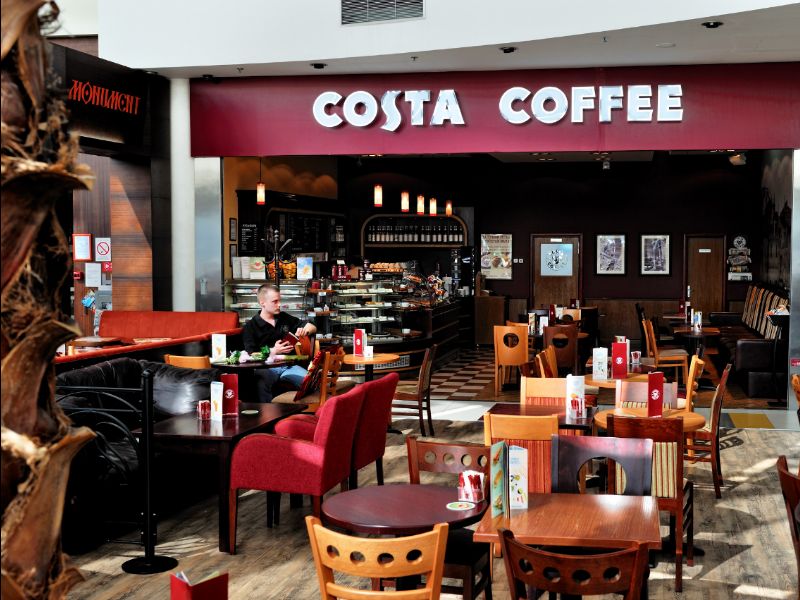The question of whether Costa Coffee supports Israel has become a pressing topic in light of the ongoing conflict between Israel and Palestine. Many people across the world are re-evaluating their purchasing choices in alignment with their political and ethical views. One such brand under scrutiny is Costa Coffee.
So, does Costa Coffee support Israel? The answer appears to be yes – and that is why some consumers have chosen to boycott its products. Let’s explore the issue in more depth.
A Brief Look at Costa Coffee
The Origins of the Brand
Costa Coffee is a well-known British coffeehouse chain founded by Sergio Costa in 1971. Over the years, it has grown into one of the largest coffee brands in the UK and has a notable international presence – particularly in China, where it operates over 460 outlets.
Ownership by Coca-Cola
In 2019, Costa Coffee was acquired by The Coca-Cola Company for a reported $4.6 billion. This change in ownership is central to the current controversy.
Does Costa Coffee Support Israel?
The Coca-Cola Connection
The simplest way to approach this question is by examining its parent company. Coca-Cola has long been criticised for its support of Israel. Given this established position, it’s not unreasonable to infer that Costa Coffee, as a subsidiary, indirectly aligns with Coca-Cola’s corporate policies and actions – including those related to Israel. Internal Company Views May Vary
Internal Company Views May Vary
It’s important to recognise that not every individual within Costa Coffee necessarily shares the same stance. Large corporations are made up of diverse teams, and many employees may personally oppose their company’s official or corporate affiliations. However, company policy is typically dictated from the top, and in this case, it appears to reflect the views and business relationships maintained by Coca-Cola.
What This Means for Supporters of Palestine
The Call for Boycott
For those standing in solidarity with Palestine, this perceived support of Israel by Costa Coffee serves as a clear call to action. Many have already chosen to boycott Coca-Cola for its alleged role, and extending this boycott to Costa Coffee is seen by some as a moral responsibility.
Choosing Ethical Alternatives
Boycotting brands that are associated with contentious political stances is one way consumers can make their voices heard. Supporting ethical, independent, or local coffee brands is a positive alternative that allows individuals to align their purchases with their values.
Does a Boycott Really Make a Difference?
The Power of Collective Action
It’s easy to feel powerless as an individual, wondering whether a single boycott can have any real impact. However, when millions take part in global boycotts, brands do take notice.
A striking example of this is the McDonald’s boycott. When the company was publicly seen supporting Israel, including viral images of Israeli soldiers eating McDonald’s meals, it faced widespread backlash. Eventually, even McDonald’s executives admitted that the boycott was negatively affecting their financial performance.
Why Costa Coffee Could Be Next
In this context, continuing a boycott of Costa Coffee could eventually lead to similar results. As more people speak out and adjust their spending habits, brands are forced to listen. Sustained consumer pressure has the power to challenge even the largest corporations.
Final Thoughts
While Costa Coffee itself may not have made an overt political statement, its ownership by Coca-Cola – a company with a known history of supporting Israel – places it within the broader conversation. For those who stand with Palestine, boycotting Costa Coffee is part of a wider movement aimed at holding corporations accountable for their affiliations and actions.
Every choice we make as consumers sends a message. And together, those messages can create meaningful change.
- Gummy Smile Treatment – Gum Contouring Near Englefield Green, Surrey - September 24, 2025
- Filler For Flat Cheeks In Salfords, Surrey - September 23, 2025
- Downturned Smile Treatment Near Kingswood, Surrey - September 22, 2025

